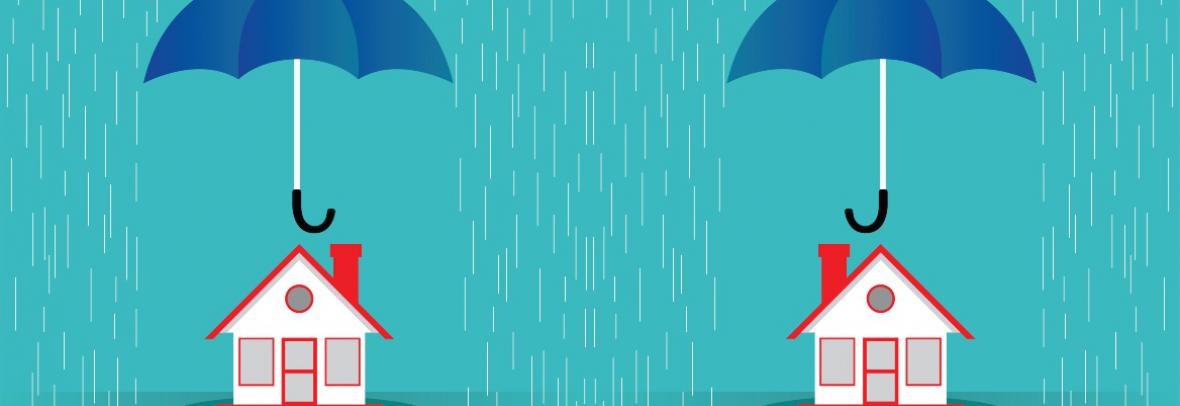
The Fla.-owned “insurer of last resort” added 217K policies in a year. Lawmakers seek solutions, and a number of changes are being considered.
TALLAHASSEE, Fla. – The state-backed Citizens Property Insurance Corp. added thousands more policies (18,000) in December, and the Florida Legislature is now considering new legislative proposals that would steer more homeowners into the private insurance market.
As of Dec. 31, Citizens had 759,305 policies, an increase of nearly 217,000 policies from a year earlier as private insurers shed customers and sought hefty rate increases amid financial troubles in the industry, according to newly posted data.
Pointing in part to financial risks if a major hurricane hits, many state leaders have long sought to minimize the number of policies in Citizens, which was created as an insurer of last resort. But Citizens President and CEO Barry Gilway said last month that private property insurers have been losing money in Florida since 2017, causing a shift in policies to Citizens.
“When they’re unprofitable, they want to write less business,” Gilway told the Citizens Board of Governors. “That’s what’s happening.”
Senate Banking and Insurance Chairman Jim Boyd, R-Bradenton, and Rep. Tommy Gregory, R-Sarasota, filed bills (SB 1728 and HB 1307) on Friday that would try to shift at least some customers out of Citizens and into the private market.
As an example, the bills address situations in which homeowners receive coverage offers from private insurers as their Citizens policies come up for renewal. Under the bills, such customers would not be eligible for renewal with Citizens unless the private insurers’ premiums are more than 20% higher than what Citizens would charge.
As another example, the bills would allow what are known as surplus-lines insurers to take part in programs aimed at removing policies from Citizens. Generally, surplus-lines insurers are more lightly regulated than standard insurers.
Officials say Citizens often charges less than private insurers for coverage, with Gilway last month describing Citizens’ rates as “ridiculously competitive.” Part of the reason is that state law caps annual increases that Citizens customers can face.
In the past, Citizens was prevented from passing along increases of more than 10% a year to individual policyholders – a concept that has become known as a rate “glide path.” A law passed last year gradually increased that cap to 11% in 2022, 12% in 2023, and ultimately to 15% in 2026.
Despite a proposal from their actuaries to increase homeowners’ rates by an average of 7.3% in 2022, members of the Citizens Board of Governors last month approved seeking 11% across-the-board rate increases. The state Office of Insurance Regulation has final say on rate hikes.
The bills filed by Boyd and Gregory will be considered during the legislative session that will start Tuesday. Issues about Citizens and the broader property-insurance system can be politically volatile, as many homeowners in areas such as South Florida pay high rates and have few choices for coverage other than Citizens.
Rep. Fentrice Driskell, a Tampa Democrat who is policy chairwoman for the House Democratic Caucus, gave a glimpse of the controversy about the issue during a pre-session news conference Monday.
“Property-insurance rates, they’re too high,” Driskell said. “I hear that everywhere I go in my district. People are concerned with property insurance rates. The Republicans have run that into the ground, and they need to own that failure “
Source: News Service of Florida, Staff writer Ryan Dailey contributed to this report.
Go to Source
Author: kerrys



